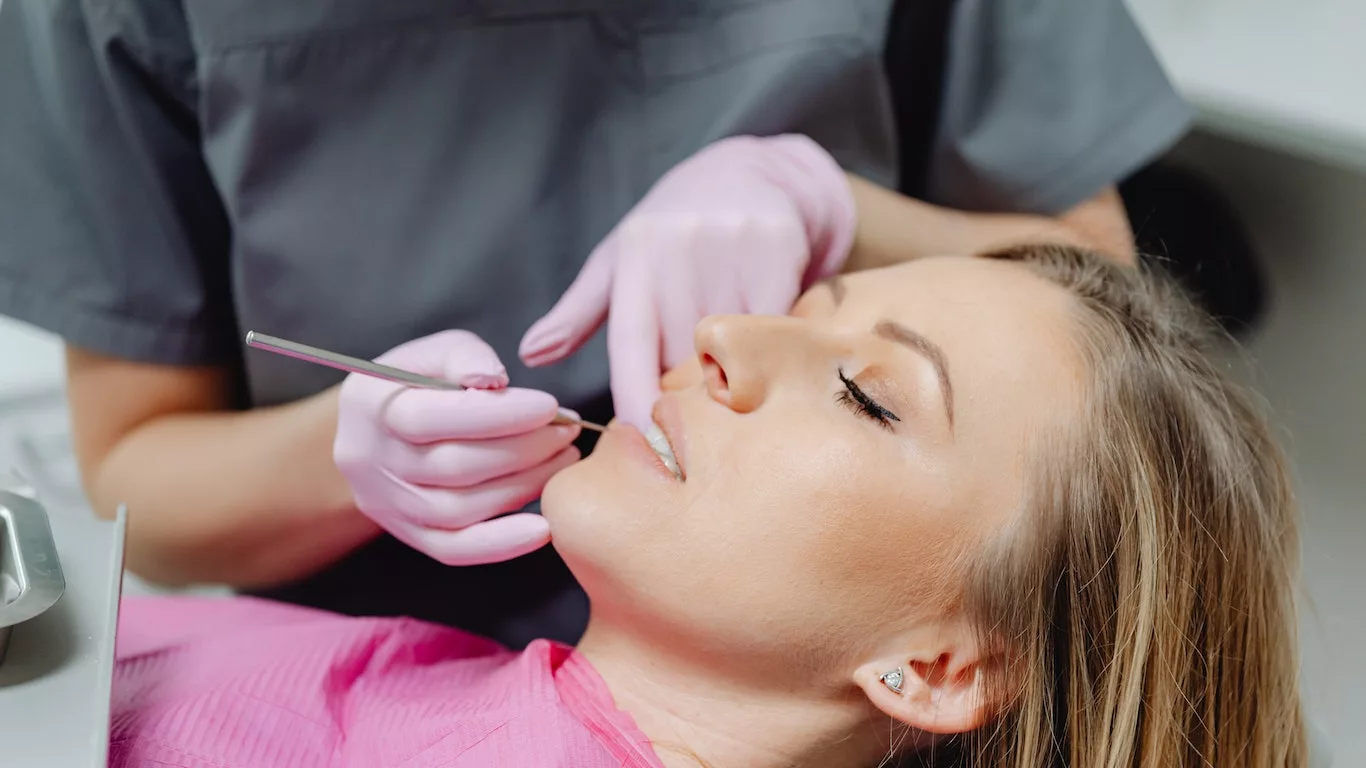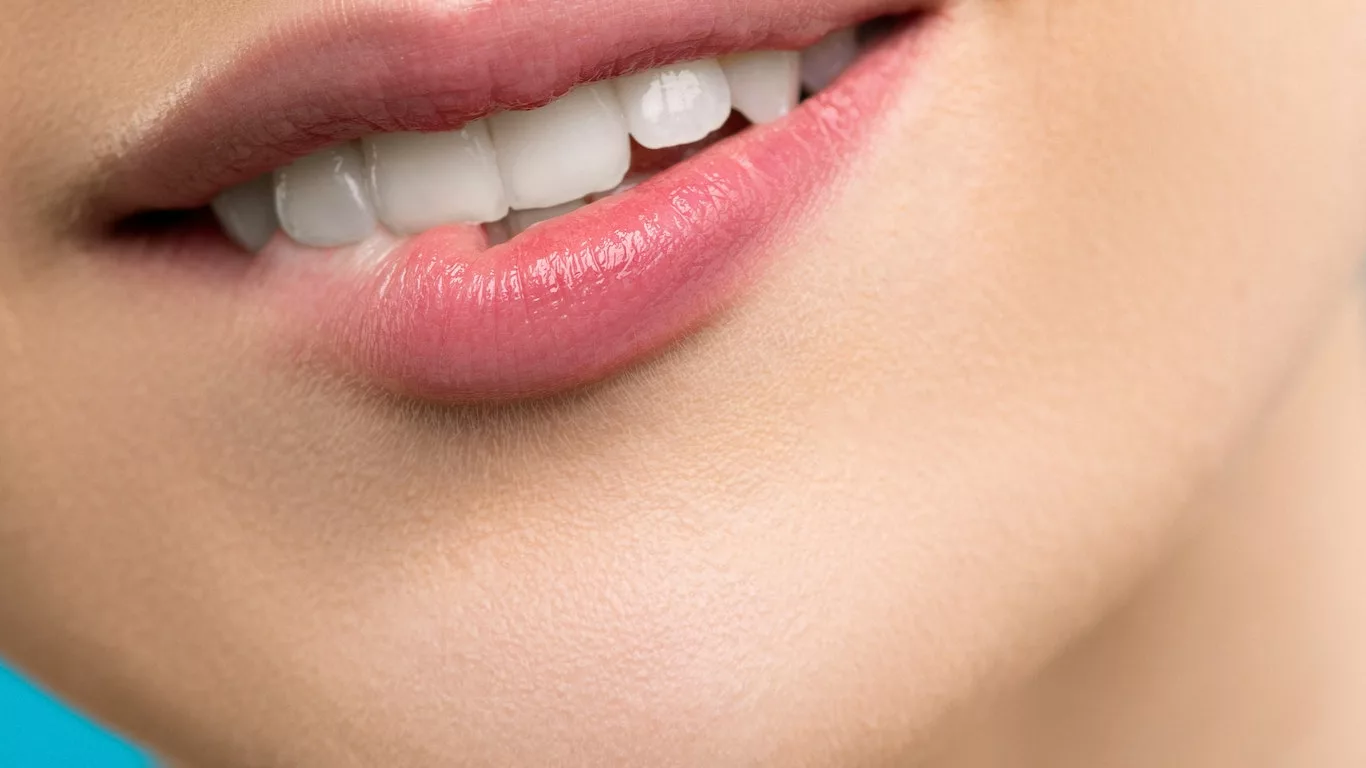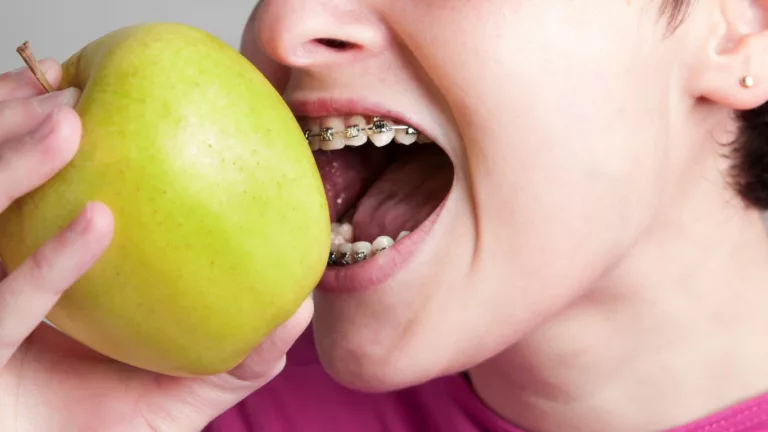Understanding and Addressing Front Tooth Cavities
Discover the causes, symptoms, diagnosis, prevention, and treatment options for front tooth cavities in our comprehensive guide. Learn how to maintain a healthy smile.
Front tooth cavities, also referred to as dental caries or tooth decay, are a prevalent dental concern that can significantly impact your oral health and overall well-being. In this comprehensive guide, we will delve into the multifaceted aspects of front tooth cavities, offering a deeper understanding of their causes, symptoms, diagnosis, prevention, and treatment options, all aimed at helping you maintain a bright and healthy smile.
Causes of Front Tooth Cavities
Front tooth cavities are primarily triggered by the following underlying causes:
Dental Plaque and Bacteria
Dental plaque, a biofilm composed of bacteria, develops naturally on the surface of teeth. It thrives on sugars and carbohydrates present in the foods we consume. When these sugars interact with plaque, acid production ensues, which, over time, erodes tooth enamel, leading to cavity formation. Research has shown that Streptococcus mutans and Lactobacillus species are the key bacteria responsible for this acidic onslaught. Understanding this microbial interplay is crucial for developing effective prevention strategies.
Sugar and Diet
A diet rich in sugary and acidic foods and beverages provides ample fuel for cavity-causing bacteria. Frequent consumption of such items, especially in the absence of proper oral hygiene practices, significantly elevates the risk of front tooth cavities. Studies have demonstrated a direct correlation between sugar intake and dental caries. Reducing sugar consumption and opting for a balanced diet can help mitigate this risk.
Poor Oral Hygiene Habits
Inadequate oral hygiene practices, including irregular brushing and flossing, create an environment conducive to plaque buildup. Without diligent cleaning, plaque hardens into tartar, making it even more challenging to maintain oral health. Moreover, neglecting regular dental check-ups further compounds the risk of front tooth cavities. Research indicates that individuals who brush and floss daily and visit their dentist regularly are less likely to develop cavities.

Symptoms of Front Tooth Cavities
Front tooth cavities can manifest a variety of distressing symptoms:
Tooth Sensitivity
One of the earliest signs of a front tooth cavity is increased tooth sensitivity, particularly to temperature changes and sweet or acidic foods. This heightened sensitivity arises due to the exposure of the tooth’s nerve endings as the enamel deteriorates. According to dental studies, sensitivity is often the first symptom patients report.
Visible Holes or Pits
As a cavity progresses, it may become visibly apparent as small holes or pits on the surface of the affected tooth. These cavities are commonly referred to as “cavitations.” Researchers have observed that the location and size of these pits can vary, impacting the treatment approach.
Toothache and Discomfort
Advanced front tooth cavities can lead to persistent toothaches and discomfort that can be quite debilitating. Studies have shown that the severity of toothache is closely linked to the depth and extent of the cavity, with larger cavities causing more intense pain.
Early recognition of these symptoms is vital, as prompt action can prevent further deterioration.

Diagnosing Front Tooth Cavities
Accurate diagnosis is essential for effective treatment of front tooth cavities and typically involves the following steps:
Dental Examinations
Dentists conduct thorough visual examinations of the teeth to identify signs of cavities, including discoloration, visible pits, or soft spots. They also use dental instruments to gently probe for irregularities in the enamel.
X-Rays and Imaging
X-rays and advanced imaging techniques are invaluable tools in detecting front tooth cavities. They can reveal cavities hidden between teeth or beneath the tooth’s surface. Dental researchers have noted that digital radiography, in particular, enhances diagnostic accuracy while minimizing radiation exposure.
Severity Assessment
Dentists assess the severity of front tooth cavities based on factors such as size, location, and depth. This assessment guides treatment decisions, allowing for a customized approach. Research has shown that early intervention, often in the form of dental fillings, can prevent the need for more extensive procedures like root canals or crowns.
Early diagnosis and intervention are paramount for preserving tooth structure and minimizing discomfort.

Preventing Front Tooth Cavities
Prevention is undoubtedly the best approach when it comes to front tooth cavities. Implementing proactive measures and adopting good oral hygiene practices can significantly reduce the risk:
Brushing Techniques
Effective tooth brushing is a cornerstone of cavity prevention. Using fluoride toothpaste and a soft-bristle toothbrush, it is recommended to brush your teeth at least twice daily, with particular attention to the front teeth. Dental studies emphasize the importance of proper brushing techniques, including circular motions and reaching all tooth surfaces.
Flossing and Interdental Care
Flossing daily is crucial for removing plaque and debris from the spaces between your teeth that brushing alone cannot reach. Recent research suggests that interdental brushes and water flossers can be excellent supplementary tools, especially for individuals with orthodontic appliances.
Diet and Nutrition Tips
Diet plays a pivotal role in oral health. Limiting the consumption of sugary and acidic foods and beverages can significantly reduce the risk of front tooth cavities. Additionally, a diet rich in calcium and phosphorus can help strengthen tooth enamel. Studies indicate that incorporating dairy products, leafy greens, and nuts into your diet can be beneficial.
Educating yourself on these prevention strategies and implementing them in your daily routine can go a long way in maintaining strong and cavity-free front teeth.

Treating Front Tooth Cavities
The treatment of front tooth cavities hinges on the extent of the damage:
Dental Fillings
Minor cavities can often be effectively treated with dental fillings. During this procedure, dentists remove the decayed portion of the tooth and replace it with a dental material, such as composite resin or amalgam. Recent advances in dental materials have led to improved aesthetics and durability.
Dental Crowns
For more extensive damage, dental crowns may be the treatment of choice. Crowns are custom-made caps that cover the entire tooth, restoring its shape, strength, and appearance. Dental research has led to the development of materials like porcelain crowns that closely mimic natural teeth.
Root Canal Treatment (if necessary)
In cases where the cavity has penetrated the tooth’s pulp, root canal treatment may be necessary. This procedure involves the removal of the infected or damaged tissue, followed by the sealing and restoration of the tooth. Dental studies have shown that root canal therapy can save teeth from extraction and preserve their function.
Timely and appropriate treatment is essential for preventing the spread of infection and complications.

Home Remedies and Temporary Relief
While awaiting professional dental care, you can explore various home remedies for temporary relief:
Clove Oil
Clove oil, with its natural analgesic properties, can provide temporary pain relief by numbing the affected area. Research has indicated that eugenol, a component of clove oil, has anti-inflammatory and anesthetic effects.
Saltwater Rinses
Gargling with warm saltwater is a simple yet effective remedy to reduce inflammation and ease discomfort. Studies have confirmed its therapeutic benefits in promoting oral health.
Over-the-Counter Pain Relief
Over-the-counter pain relievers, such as ibuprofen, can help alleviate pain associated with front tooth cavities. These medications have been extensively researched for their analgesic properties.
It’s important to note that these remedies are not substitutes for professional dental care, and you should seek treatment from a dentist as soon as possible.

Complications and Risks
Neglecting front tooth cavities can lead to a range of complications and risks:
Infection Spreading
Untreated cavities can result in bacterial infections that may spread to other parts of the body, leading to systemic health issues. Recent dental research has highlighted the connection between oral health and overall well-being.
Cosmetic Concerns
Front tooth cavities can significantly impact the appearance of your smile, affecting your self-confidence and social interactions. Studies have demonstrated the psychological and social consequences of dental aesthetics on individuals.
Tooth Loss
In severe cases, untreated front tooth cavities can lead to tooth loss, necessitating more extensive dental procedures, such as dental implants or bridges. Tooth loss can have far-reaching consequences on oral function and quality of life.
Understanding these potential complications underscores the importance of proactive dental care and early intervention.

Caring for Front Tooth Cavities in Children
Children are not immune to front tooth cavities, and proper pediatric dental care is essential:
Pediatric Dental Care
Regular dental check-ups for children are vital for cavity prevention. Dentists may recommend fluoride treatments and dental sealants to protect children’s teeth. Dental research has shown that these preventive measures can significantly reduce the incidence of cavities in children.
Prevention Strategies
Teaching children good oral hygiene habits from an early age is crucial. Parents can play a significant role in encouraging proper brushing and flossing routines and limiting their child’s consumption of sugary snacks and drinks. Research has emphasized the importance of parental involvement in children’s oral health.
Conclusion
In conclusion, front tooth cavities are a prevalent dental issue that can have far-reaching effects on your oral health and quality of life. By understanding the causes, recognizing the symptoms, prioritizing prevention, and seeking timely treatment, you can effectively address front tooth cavities and maintain a healthy, radiant smile. Remember, oral health is an integral part of overall well-being, and taking proactive steps today can lead to a brighter dental future.

Appendices
References
- “The Role of Streptococcus mutans in Dental Caries.”
- “Dietary Sugars and Dental Health: Evidence from Randomized Controlled Trials.”
- “Oral Hygiene Practices and Risk of Developing Dental Caries among Indian Adults: A Cross-Sectional Study.”
- “Role of Radiography in Diagnosis of Dental Caries: A Review.”
- “Recent Advances in Dental Restorative Materials.”
- “The Relationship between Dental Aesthetics and Psychosocial Well-being in Adolescents.”
FAQs
Here are detailed answers to some common questions about front tooth cavities:
Q1: How common are front tooth cavities?
- Front tooth cavities are relatively common, affecting people of all ages.
Q2: Can cavities on front teeth be reversed?
- Reversing cavities is possible in their early stages when enamel damage is minimal. However, once cavities progress beyond a certain point, they cannot be reversed and require professional treatment.
Q3: What are the cost considerations for treatment?
- The cost of treating front tooth cavities can vary widely depending on factors such as the location of the cavity, the chosen treatment option, and geographic location. Dental insurance may cover a portion of the expenses.
Table: Foods Affecting Dental Health
| Food Item | Impact on Dental Health |
|---|---|
| Sugary Snacks | Elevates the risk of cavities |
| Acidic Beverages | Erodes tooth enamel |
| Dairy Products | Rich in calcium, strengthens enamel |
| Leafy Greens | Provide essential nutrients for teeth |
| Nuts | Contain phosphorus, promotes enamel |
Disclaimer
The information provided in this article is for educational and informational purposes only. It is not a substitute for professional dental advice, diagnosis, or treatment. Always seek the advice of your dentist or other qualified healthcare providers with any questions you may have regarding a dental condition.

Camellia Wulansari is a dedicated Medical Assistant at a local clinic and a passionate health writer at Healthusias.com. With years of hands-on experience in patient care and a deep interest in preventive medicine, she bridges the gap between clinical knowledge and accessible health information. Camellia specializes in writing about digestive health, chronic conditions like GERD and hypertension, respiratory issues, and autoimmune diseases, aiming to empower readers with practical, easy-to-understand insights. When she’s not assisting patients or writing, you’ll find her enjoying quiet mornings with coffee and a medical journal in hand—or jamming to her favorite metal band, Lamb of God.







